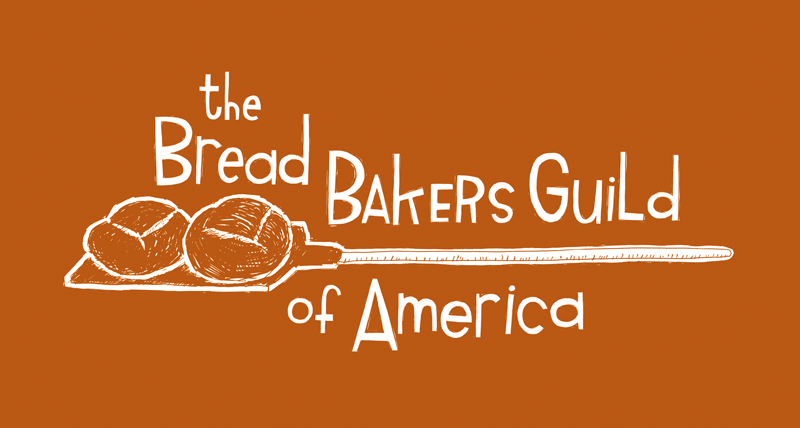Celebrating Women’s Leadership in Business and Community
In honor of Women’s History Month, we’re shining a light on The Women’s Bakery, an organization proving that when women are given opportunities to lead, entire communities thrive. Through baking, business training, and entrepreneurship, this East Africa-based social enterprise equips women with the tools to pursue financial independence nourishing their communities.
With two successful bakeries in Rwanda and expansion plans in Kenya, The Women’s Bakery is tackling both economic inequality and food insecurity. Their One Bread Project, for example, provides fortified snacks to thousands of schoolchildren every day, ensuring that nutrition isn’t a barrier to education.
The Guild spoke with Markey Culver, founder and CEO of The Women’s Bakery, to discuss the organization’s mission, challenges, and future goals.

What inspired the creation of The Women’s Bakery?
Markey Culver: The Women’s Bakery started during my time in the Peace Corps in Rwanda. I was working as an English teacher and supporting a rural health clinic, where food scarcity was a serious challenge—most people ate just one meal a day. Out of necessity, I decided to bake bread for myself, using a simple recipe from a Peace Corps cookbook. When the local women saw the bread, they were intrigued because it wasn’t something commonly available in our area.
They asked me to teach them how to bake, and that’s when I realized that bread could be more than sustenance—it could be a means of empowerment. That moment was the beginning of what would later become The Women’s Bakery.

How has The Women’s Bakery evolved since those early days?
What started as informal breadmaking lessons in my Peace Corps village has grown into a structured social enterprise. We now operate two bakeries in Rwanda employing and empowering local women; the bakeries are funded by our US nonprofit until they can sustain themselves as profitable businesses. These bakeries produce nutrient-rich breads, including our signature "Nutribuns," which are fortified rolls designed to supplement the diets of schoolchildren.
We currently provide daily bread – a nutritious snack – to over 20,000 children in Rwanda, helping bridge the nutritional gap for students who might otherwise go the entire school day without a meal.
Additionally, we have reached capacity at two of our three bakeries, which has led us to invest in a new facility that is four times the size of our existing bakeries. This expansion will allow us to consolidate two locations into one large bakery, significantly increasing our production capacity and impact.

What makes The Women’s Bakery unique?
We are women-centered. Apart from drivers and cleaners, all our employees—from bakers to leadership—are women. This isn’t just about employment; it’s about leadership and ownership. The women at TWB bake bread, manage operations, oversee finances, and make key business decisions.

What are your goals for the future?
Our next big step is expanding into Kenya. Scaling presents both opportunities and challenges. Opportunities to try our model in a new market, and challenges to raise the funds needed to do so. We will be looking for partnerships in Kenya to ensure that we scale responsibly and, ultimately, sustainably.
We’re also focused on improving the nutritional value of products. One idea we’re exploring is filling our Nutribuns with protein-rich ingredients like chickpeas, making them more of a meal. The challenge is ensuring that these innovations remain cost-effective to be scalable.

How can people support The Women’s Bakery?
Sharing our story is a huge help. If people are inspired by our mission, they can support us through donations, corporate partnerships, or by connecting us with potential partners in East Africa.
To learn more or to support their mission, visit their website here for more information.
